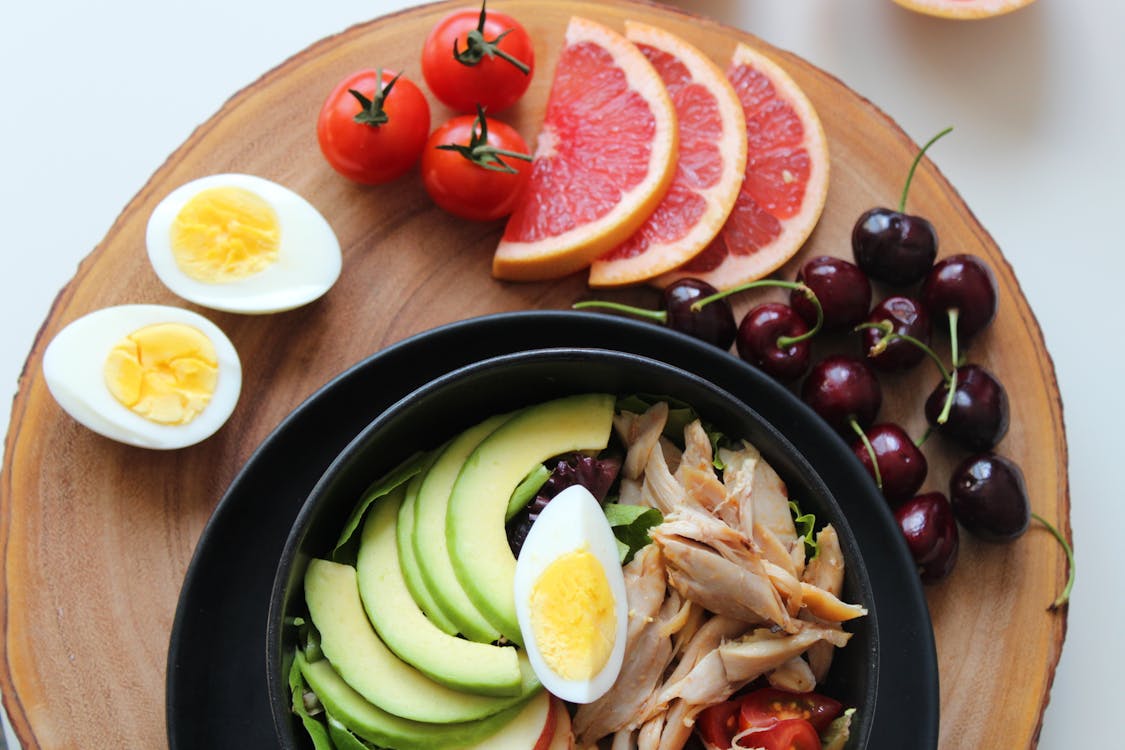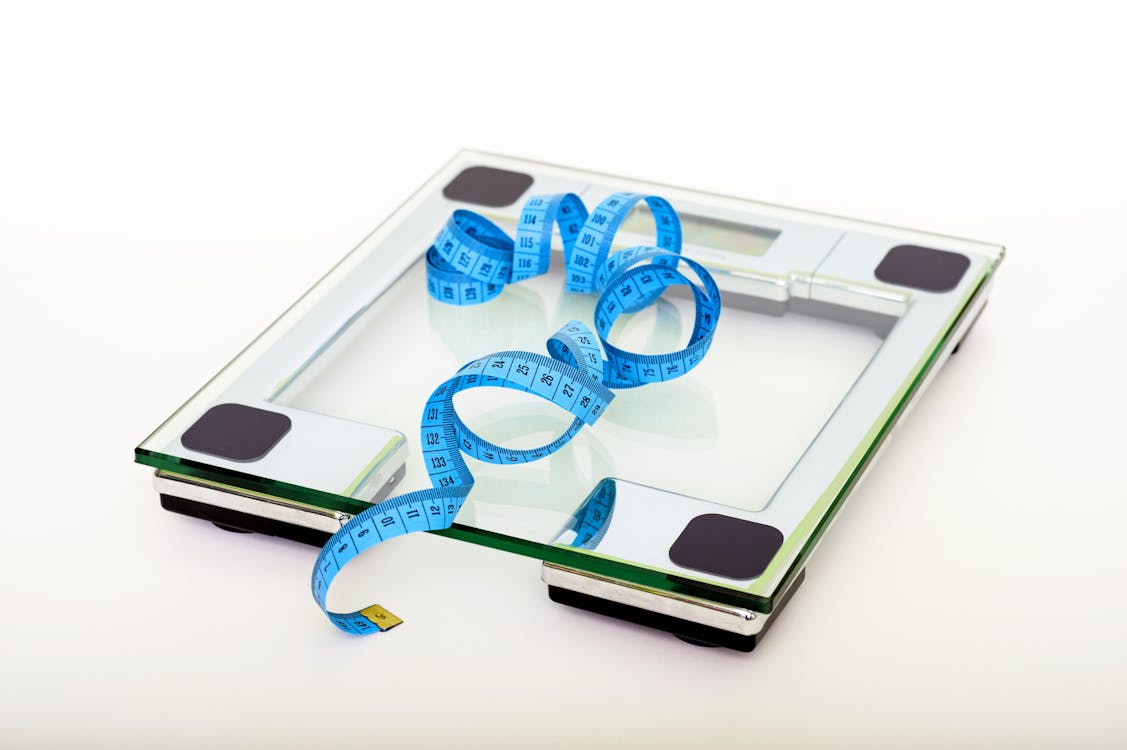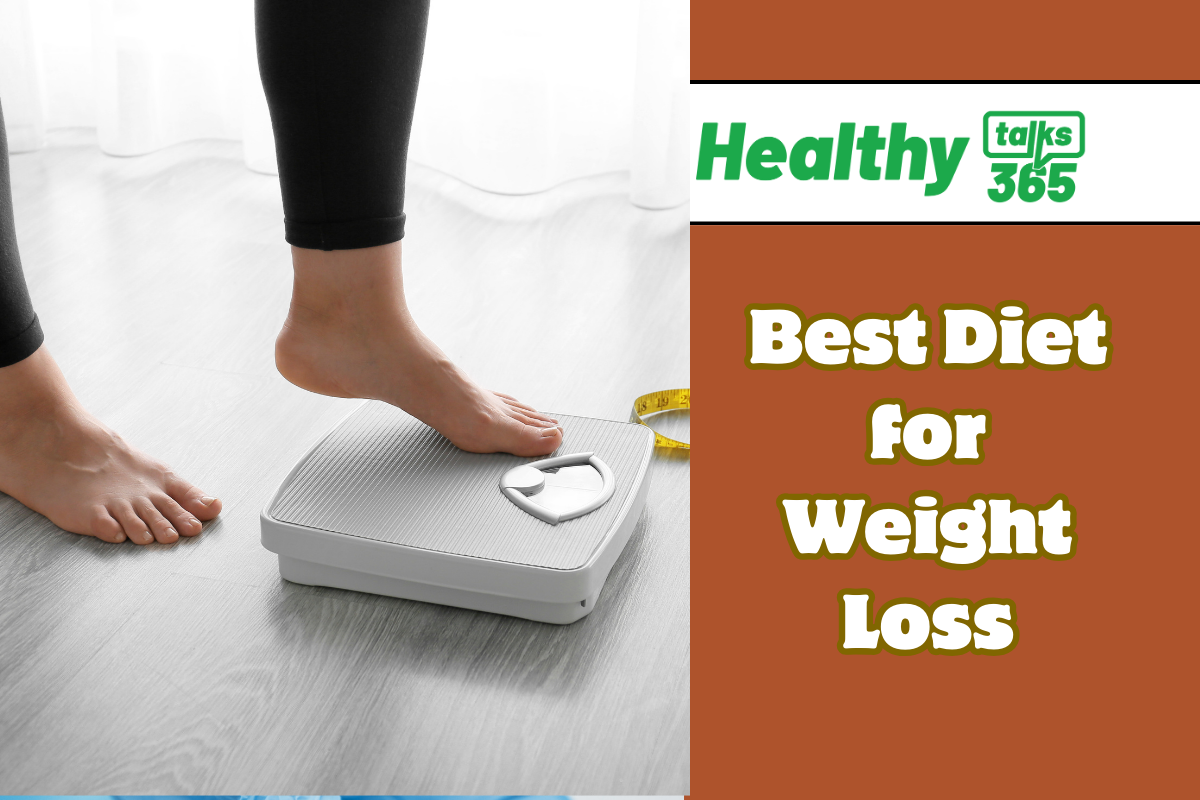Best Diet for Weight Loss
1. Include lots of veggies for weight loss
Adding plenty of veggies to your meals is super helpful for losing weight. Veggies are low in calories but high in good stuff like vitamins, minerals, and fiber. This means you can eat a lot of veggies without taking in too many calories. They make you feel full and satisfied without loading you up on calories.
Veggies are also full of fiber, which helps you feel full for longer and stops you from eating too much. Plus, fiber slows down digestion, which keeps your blood sugar levels steady.
Apart from helping you lose weight, veggies are also really good for your overall health. They’re packed with antioxidants that protect your cells from damage. Plus, they have loads of vitamins and minerals that keep your body working well.
Read Also:
Healthy Foods For Keeping Healthy Weight In Winters Cold
2. Keep account of calorie intake for weight loss
Keeping track of how many calories you eat each day can be helpful for losing weight. When you know how many calories you’re eating, you can make smarter choices about what to eat and how much.
By keeping an eye on your calorie intake, you can spot where you might be eating too much or choosing foods that are high in calories but not very nutritious. This awareness can help you adjust your eating habits to reach your weight loss goals.
It’s also a good way to learn about portion sizes and how much food you really need. Sometimes, we eat more than we realize, so keeping track can help us see where we might need to cut back.
3. Exercise alot for weight loss
Exercising a lot is good for losing weight. When you move around more, you burn more calories, which helps you lose weight. Doing exercises like walking, jogging, or lifting weights can also make your muscles stronger and speed up your metabolism.
Exercise isn’t just about losing weight though. It also makes you feel happier, less stressed, and gives you more energy. Plus, it keeps your heart, bones, and muscles healthy and lowers your risk of getting sick.
And make sure not to overdo it with exercise—listen to your body and take breaks when you need them. Overall, a balanced approach to exercise and diet is best for losing weight and staying healthy.

4. Include cardio for fast for weight loss
Doing cardio exercises like running, walking, or swimming helps you lose weight faster. These activities make your heart beat faster and burn lots of calories. They’re easy to do and can be adjusted to fit your fitness level.
Cardio exercises also make your heart stronger and boost your mood. Aim for at least 150 minutes of moderate-intensity cardio or 75 minutes of vigorous-intensity cardio each week for best results.
Remember, though, that it’s not just about cardio. You should also do strength training exercises to build muscle and eat a healthy diet to lose weight effectively.
5. Avoid eating junk food for weight loss
Avoiding junk food is really important when you’re trying to lose weight. Junk foods are full of bad stuff like unhealthy fats and sugars that can make you gain weight. By saying no to junk food, you cut down on calories and eat healthier.
Instead of junk food, go for foods that are good for you like fruits, veggies, lean meats, and whole grains. These foods are lower in calories and have lots of good stuff like vitamins, minerals, and fiber that keep you feeling full.
Skipping junk food also helps keep you healthy overall. Junk food is linked to health problems like obesity, diabetes, and heart disease. By ditching it, you lower your chances of getting these issues and feel better overall.
6. Keep adding movements throughout the day for weight loss
Adding movements throughout the day is good for weight loss. Little things like walking more or taking breaks to stretch can help you burn calories. It’s not just about formal exercise—every little bit of movement counts!
Doing more throughout the day not only helps with weight loss but also keeps your body healthy and your mood up. Moving around keeps your muscles and joints working well and reduces the chance of getting sick.
To add more movement to your day, try simple things like walking instead of driving short distances, taking the stairs instead of the elevator, or doing a little dance while you’re cooking. Even short bursts of activity can make a difference!
7. Lower the sugar intake for weight loss
Cutting down on sugary foods and drinks can help a lot with weight loss. Sugar is full of calories that can make you gain weight fast. By eating less sugar, you eat fewer calories, which makes it easier to lose weight.
But it’s not just about the calories. Sugar also makes you feel more hungry, so you end up eating even more. Eating less sugar helps you control your appetite and avoid feeling hungry all the time.
Plus, eating less sugar is good for your health in lots of ways. It lowers your risk of getting sick with things like diabetes, heart disease, and cancer. It also gives you more energy and makes you feel happier.
8. Practise yoga for weight loss
Yoga can aid in weight loss by boosting mindfulness and body awareness. It encourages healthier eating habits and portion control. Some yoga styles, like Vinyasa or Power Yoga, offer cardio benefits, while others, like Hatha or Yin Yoga, help build lean muscle mass, boosting metabolism.
Yoga also reduces stress, preventing emotional eating and weight gain. Improved flexibility and mobility make it easier to engage in physical activity.
However, for effective weight loss, combine yoga with healthy eating and other exercises like cardio and strength training. This holistic approach supports overall well-being.
9. Maintain a sleep cycle for weight loss
Having a regular sleep schedule can help with weight loss. When you sleep at the same times every day, it helps control hormones that make you feel hungry or full. This means you’re less likely to eat too much or crave unhealthy foods.
Also, getting enough sleep helps your body work better, so you burn calories more efficiently. It can also make you feel more energetic during the day, so you’re more likely to exercise and stay active.
Plus, when you sleep well, you feel less stressed and in a better mood, which can help you stick to your weight loss plan.

10. Eat food with a good intention for weight loss
Eating with a good intention means making thoughtful choices about what you eat. When you do this, you’re more likely to pick foods that are good for you and not eat too much.
Having a positive mindset when you eat can also help you feel better about your food choices. Instead of seeing food as something to avoid or limit, you see it as something that helps your body.
Practicing mindfulness while you eat, like paying attention to how your food tastes and smells, can make eating more enjoyable and help you feel satisfied with less food.




